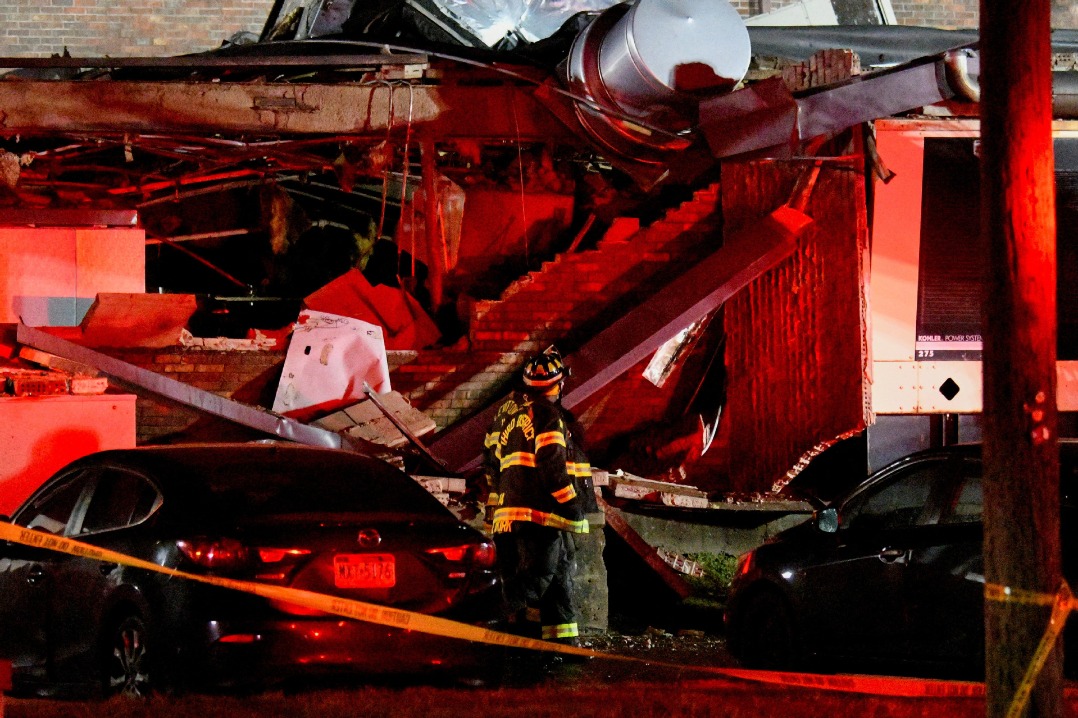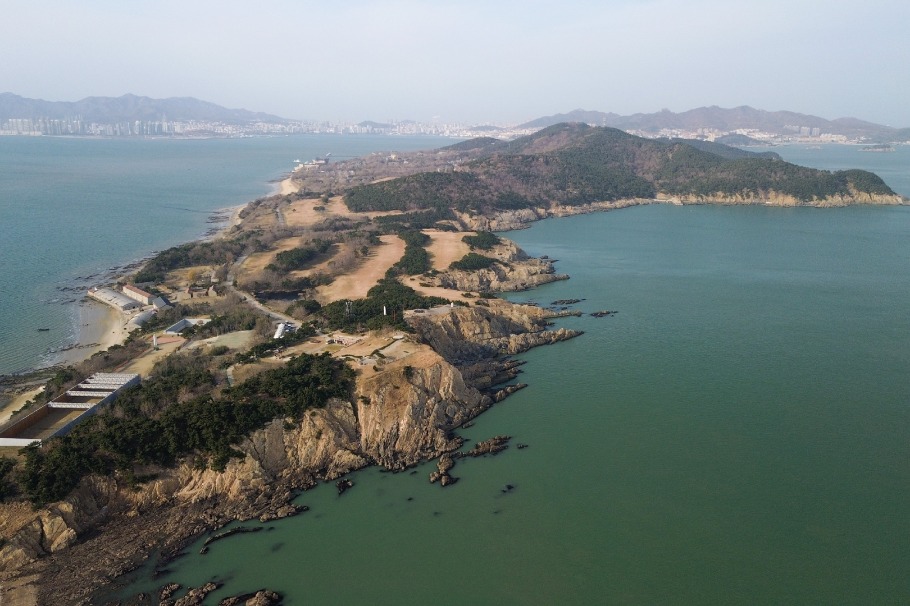G7 summit becomes club for unloved leaders: media


Leaders of the Group of 7 are in hot water of domestic discontent for different reasons but their shared struggles highlight the fragility of free societies in a time of deep political and cultural divisions, says an article published by New York Times on Saturday.
Peter Baker, author of the article and a White House correspondent who has been covering G7 meetings since said in the article that has made this year's summit meeting in Hiroshima, Japan, something of a "lonely hearts club" where unloved leaders can commiserate over their domestic troubles and trade ideas for how to get back into the good graces of their voters.
US President Joe Biden started his morning on the opening day of the three-day meeting on Friday not with an elevated discussion of affairs of state but with a half-hour phone call back to Washington to check on negotiations with Republicans over the more prosaic yet profoundly consequential issues of spending and debt. He ended the day by skipping out about 90 minutes early from the leaders' gala dinner on Miyajima island to take another call from home on the spending talks.
No G7 leader, by contrast, could muster the support of a majority. Prime Minister Giorgia Meloni of Italy, elected just last fall, fared best with a 49 percent approval rating, according to Morning Consult, followed by Biden with 42 percent, Canadian Prime Minister Justin Trudeau with 39 percent, German Chancellor Olaf Scholz with 34 percent, British Prime Minister Rishi Sunak with 33 percent and Japanese Prime Minister Fumio Kishida with 31 percent. French President Emmanuel Macron trailed the pack with a dismal 25 percent.
If elections were held now, recent surveys show that Sunak's Conservative Party would lose to the Labour Party in Britain, Trudeau's Liberal Party would lose to the Conservative Party in Canada, and Scholz's Social Democratic Party would lose to the Christian Democratic Union in Germany.
Some political veterans attribute the weakness of the G7 leaders to economic anxiety following the COVID-19 pandemic. Inflation has certainly sapped support for Biden, along with the crisis at the southwestern border, fear of urban crime, anger over government spending and concerns over the president's age as he asks voters to give him a second term.
"At such low-in-the-polls times, the G7 summit becomes the ultimate lonely hearts club, when the leaders share their political pain, bond with one another because of it, and discuss what is working in each country to get it and perhaps them back on track," John J. Kirton, director of the G7 Research Group at the University of Toronto and a longtime student of the bloc was cited by the author. "This is one way that the summit serves as the committee to re-elect the existing leaders back home," Kirton said.

































